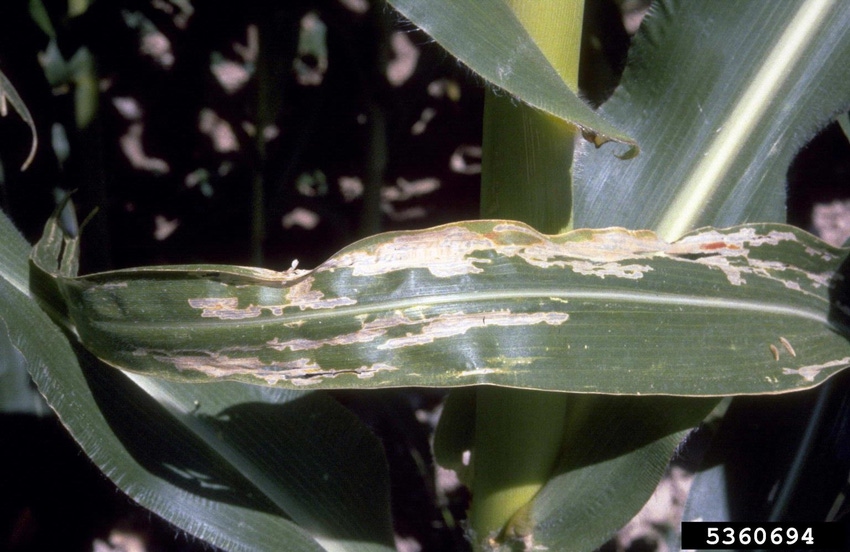January 10, 2020

As you plan for another growing season you likely have a long checklist of things to consider. Proper and efficient control of corn rootworm should be on that list. Even with control measures available to farmers, this pest is responsible for a billion dollars in crop damage each year.
NCGA Director of Biotechnology and Crop Inputs Nicole Hasheider says a good place to start developing a rootworm strategy is to consider your level of risk.
Did you plant the same CRW traits for consecutive years in the same fields?
Did you notice large populations of CRW beetles?
Did you observe root injury from CRW larvae?
Are your fields planted to continuous corn?
If the answer to any of these questions is yes, you are likely at an increased risk for corn rootworm damage.
“Bt traits are an invaluable tool for defending plants from corn rootworm,” says Hasheider. “But it’s important to take steps that preserve their effectiveness long-term and use management strategies that integrate multiple control options.”
Corn rootworm management options
The most successful management programs use a combination of traits, a soil-applied insecticide when appropriate and a thorough scouting program to identify issues before they become serious problems.
Rotate crops at least every third year if you’re in a long-term continuous corn system; corn rootworm populations are high; or, if you’re experiencing problems with corn rootworm trait performance. Growers should try to rotate traits as often as possible to deter resistance development.
Growers should also try to vary the traits they use as often as is feasible. This includes using Bt hybrids with multiple modes of action or rotating to a different Bt-traited hybrid or using a non-Bt traited hybrid with insecticide. Keeping good records is also critical to tracking pressure in specific fields and your level of success, Hasheider says.
Source: National Corn Growers Association
The source is solely responsible for the information provided and is wholly owned by the source. Informa Business Media and all its subsidiaries are not responsible for any of the content contained in this information asset.
About the Author(s)
You May Also Like




